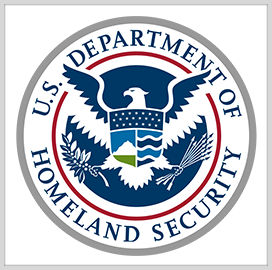
Gen. Paul Nakasone, head of U.S. Cyber Command and the National Security Agency, has said both organizations will collaborate with other government agencies in efforts to monitor foreign attempts to interfere in U.S. elections, DoD News reported Thursday.
“I have complete confidence in the forces under my command,†Nakasone told reporters during a press conference held Thursday at the White House.
“We will work in conjunction with other elements of our government to make sure we bring the full power of our nation to bear on any foreign power that attempts to interfere with our democratic processes.â€
He noted the Pentagon provides intelligence data, technical expertise and information support that the Department of Homeland Security can impart to state and local government officials to secure 2018 midterm elections.





